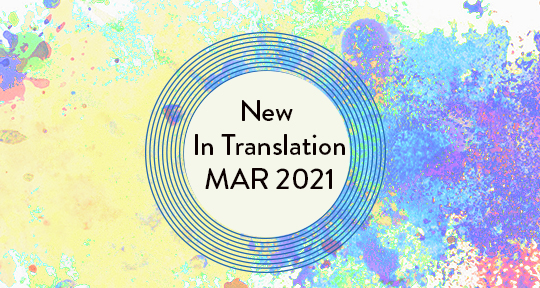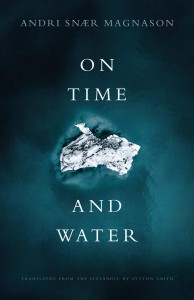Poetry & Prose, by Jordi Llavina, translated from Catalan by William Hamilton, is a stunning collection of, as the title suggests, poetry and prose. The book opens with one astounding long-form poem—its English translation parallel to the original Catalan—and ends with an equally beautiful short prose piece. Themes of memory, time, and nature are prevalent in both, and Llavina’s lyricism flows effortlessly throughout the whole collection. Poetry & Prose—as well as the only other publication of Llavina’s work in English, London Under Snow—makes clear that this award-winning writer is an expert at blurring the lines between reality and fiction, and bringing reader and writer closer together than ever.
Poetry & Prose begins with Llavina’s breathtaking poem “The Hermitage,” its lines recounting one man’s climb up a long, dusty hill to visit the hermitage perched at the top. This climb is not just a physical journey, but a journey through the past in which the narrator revisits memories through Llavina’s brilliant imagery. Speaking at Sant Jordi NYC 2020, Llavina stated that the opening lines came to mind one day and stood out to him as symbolic of a return to the landscape of his childhood. These initial words and the ideas behind them came to Llavina somewhat naturally, thus leading him to embark on the feat of creating a long-form poem that stemmed from these seeds. Llavina put forth the idea that “[w]hen you have the first lines of the poem, it is easy to begin […] The most important thing is to have the first lines.” These all-important first lines, then, were the key to Llavina’s staggeringly beautiful “The Hermitage”:
Lone I climb once more, years later,
up to Sant Pere’s hermitage.
The air is still, and the glare of
a raw July sun will leave my
neck and shoulders burnt and tender.



